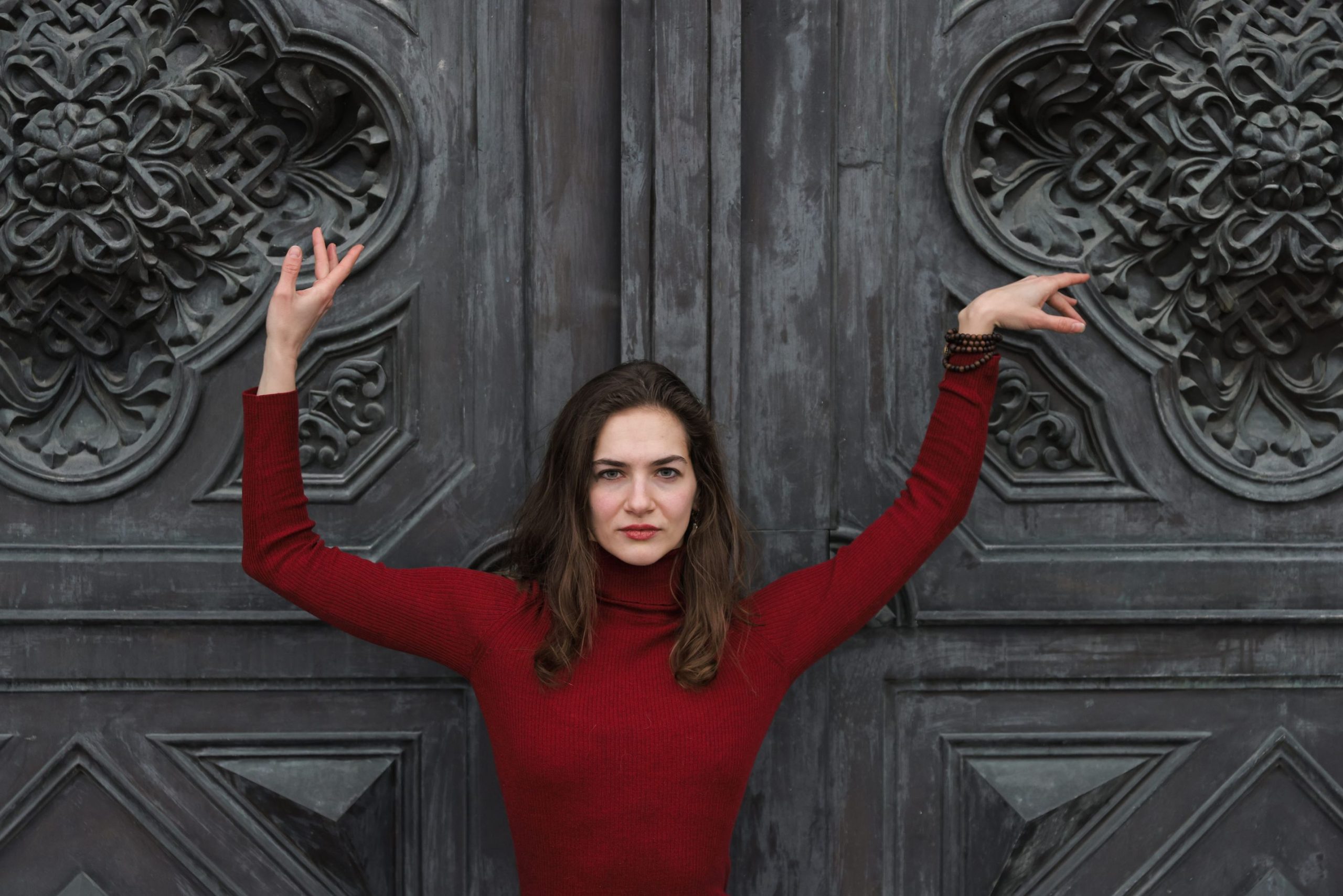Written by Alyssa Vincano
From Moscow’s contemporary dance stages to founding a wellness company, Anastasia Boyko’s journey combines artistry, entrepreneurship, and Buddhist practice. Today she is CEO of Pure Land Farms, co-founder of the Provotorov Freedance Company, and a recognized dancer and choreographer. She shares with CEO Magazine the lessons she’s carried from performance to business, and how ancient wisdom can shape modern leadership.
Q: You began your career as a dancer and co-founded the Provotorov Freedance Company. What leadership lessons did that chapter teach you?
Anastasia:
The company was born out of grief, actually, after my grandfather passed away. That experience of impermanence made me value people deeply, so I poured all my love and energy into the dancers around me - finding projects, creating opportunities, and nurturing the group. We were a constellation of artists, co-creating together, but I naturally became the one reaching outward: building connections, expanding, and hunting for new possibilities.
One of my proudest achievements now is connecting the company to Nepal. Because of that connection, our company is now in talks to organize a Himalayan performance tour in collaboration with the Russian House and Russian Embassy in Kathmandu.
In many ways, my leadership is about both: tending to the heart of the group and connecting us to the wider world. Those skills later became essential for building Pure Land Farms.
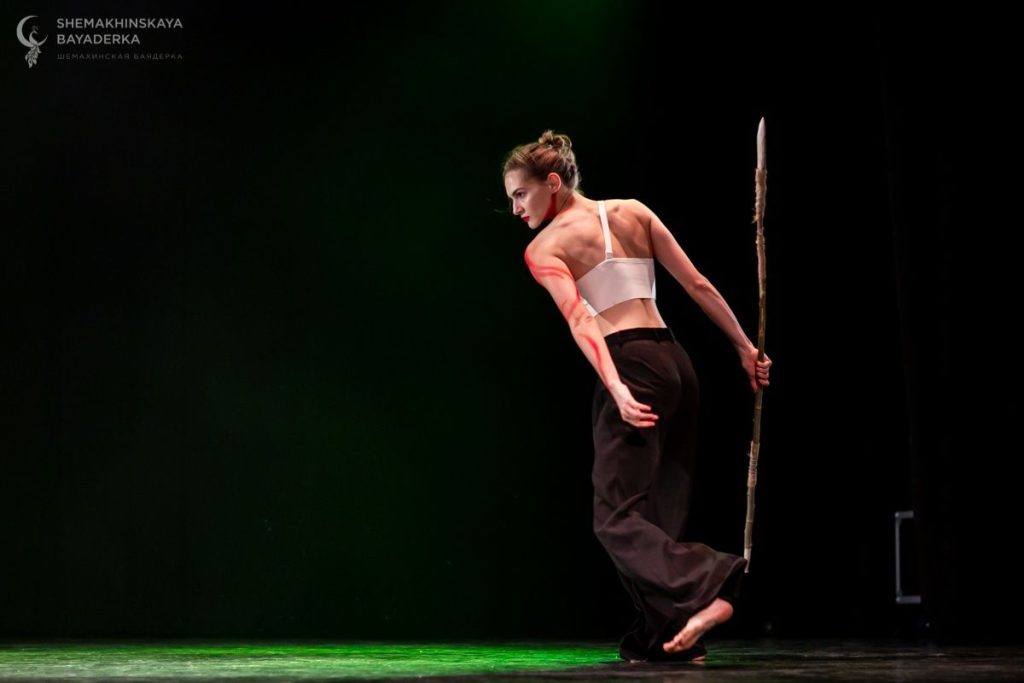
Q: Let’s talk about Pure Land Farms. Was it inspired by your life as a dancer, Buddhist practices, or today’s wellness trends?
The idea for Pure Land Farms came, once again, out of grief. My Teacher’s family was looking into the terminal illness’ causes and cures, and came to the conclusion that the best way to preserve health is an alkaline diet. It helps balance the body’s pH, lowers oxidative stress, and reduces the number of harmful pathogens — which turns into increased amounts of energy and mental clarity.
That’s when I started producing wheatgrass shots, ginger shots, and elaborate alkaline smoothies - simple, one-minute rituals that people could easily integrate into their daily lives.
With barely any investment, we grew 300% in our first year, partnered with major spiritual centers and hydroponic farms, and expanded into alkaline eating challenges and digital guides. We even reached the stage of negotiating with a major retail chain VkusVill, which amassed an annual net profit of over 5 billion Russian rubles last year.
Unfortunately, global instability halted the process and gave us a crash course in macroeconomics.
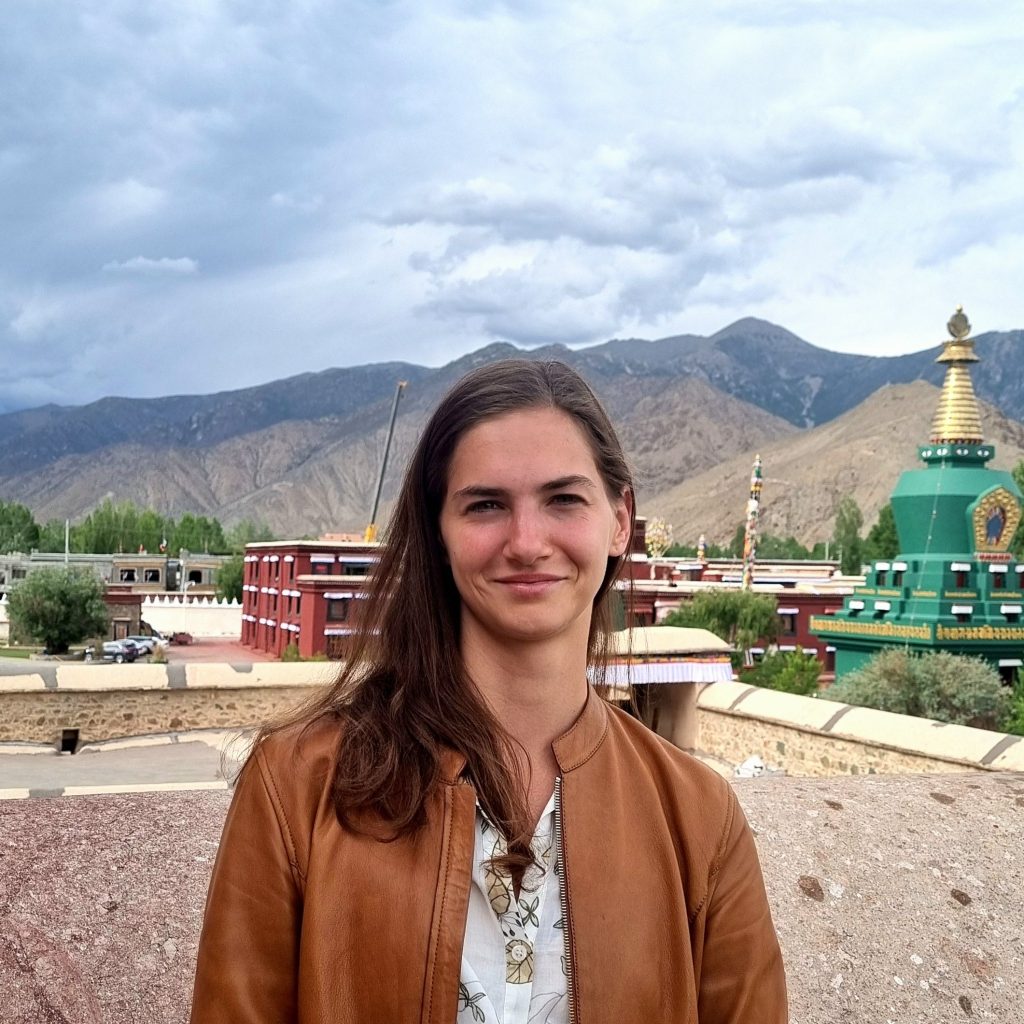
Q: Leaders everywhere face uncertainty. What advice do you have for maintaining balance and mental health in such a stressful world?
Anastasia:
The mind is an intricate system, extensively researched in Buddhism. It needs the same amount of care as everything else of value, yet many people let it run wild. Training in meditation, particularly Shamatha, is a huge contributor to mental stability and clarity. Emotions, on the other hand, are meant to be experienced and then let go - that way you’re not stuck on something that expired 10 years ago. That skill is best trained through Vipassyana, insight meditation taught by Buddha himself.
Secondly, a huge burden lifts the moment you stop doing what you know is wrong. Deep down, we always recognize it - whether it’s outright harming someone, wasting time, avoiding a necessary conversation, not addressing addiction, or carrying on with habits that don’t serve anyone. Each time you ignore that inner voice, it quietly erodes your self-respect and drains your energy. The fix is simple but not easy: abandon the habit. The moment your actions align with what you know is right, your mental clarity and confidence rise naturally.
And finally - honor your natural rhythms. Respect circadian rhythms for the sake of your hormonal health; if you’re a woman, work with your cycle instead of against it. As Clarissa Pinkola Estés wrote: “She [Woman] does not show consistency through uniformity, but rather through her creative life, through her consistent perceptions, quick-sightedness, flexibility, and deftness.”
The Earth rotates without rushing, yet the seasons change. If our planet can manage it, CEOs can, too.
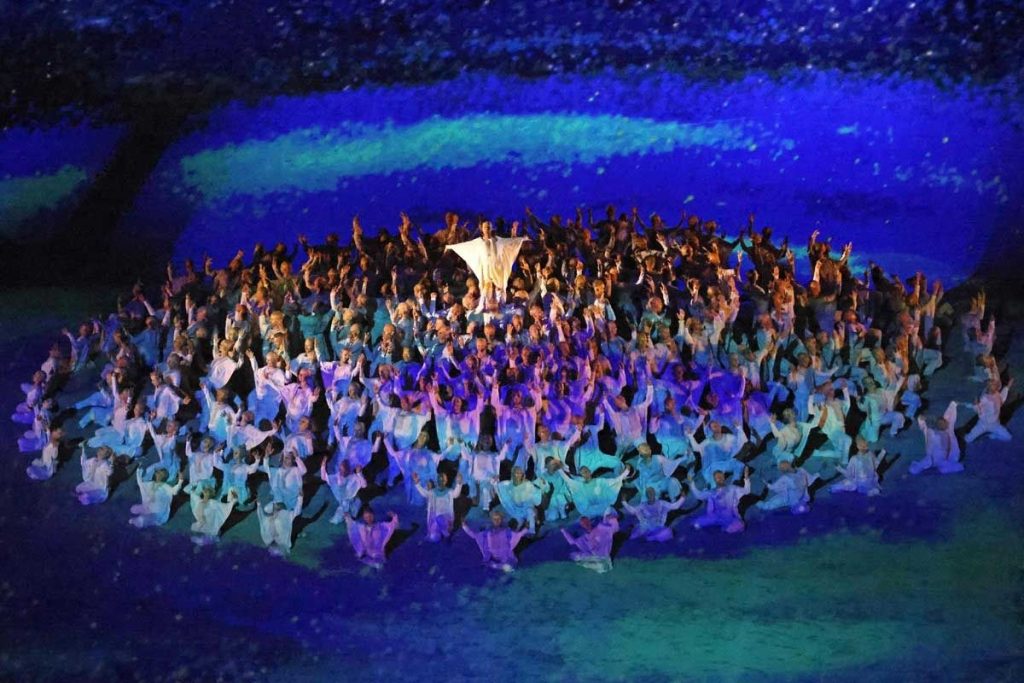
Q: You lived and studied in Nepal for years. How has Buddhist practice influenced your leadership in dance and business?
Anastasia: There’s a saying I often return to: “The one with more awareness carries the responsibility for the relationship.” Through Buddhist study and practice, awareness grows - and with it, responsibility for the world around us. It’s not about withdrawing from life, but about engaging more fully. In leadership, this translates into a simple truth: if you see the bigger picture and the best course of action, it’s your responsibility to act, not to wait for permission. To trust your intuition and your ability to arrive at the destination you’re aiming for, together with your people.
Buddhism also teaches resilience and trust in the law of karma. Sure, you can fix a problem quickly with aggression and violence - but karma will send you the invoice later. In a lot of ways I’m old school - following in the footsteps of my great-grandfather, a decorated war hero and a head of a big military factory, who always kept his word and valued dignity above immediate gain. I’m adamant that it’s better to take the slower, possibly more difficult path, but the one going in the right direction and being executed with virtue. Not to be seduced by quick and violent ways that did so much harm to our planet and society. Of course, it doesn’t suggest purposefully making your life more difficult.
And with people, I greatly encourage kindness and bravery. Kindness isn’t weakness; it’s a rare and extremely valuable quality. To have genuinely good thoughts about yourself and others is a big blessing. And bravery is the ability to trust your path and push past your comfort zone in order to grow and get there. My job as a leader is to support, help them push past their fears and show people that they are infinitely greater and more capable than they think.
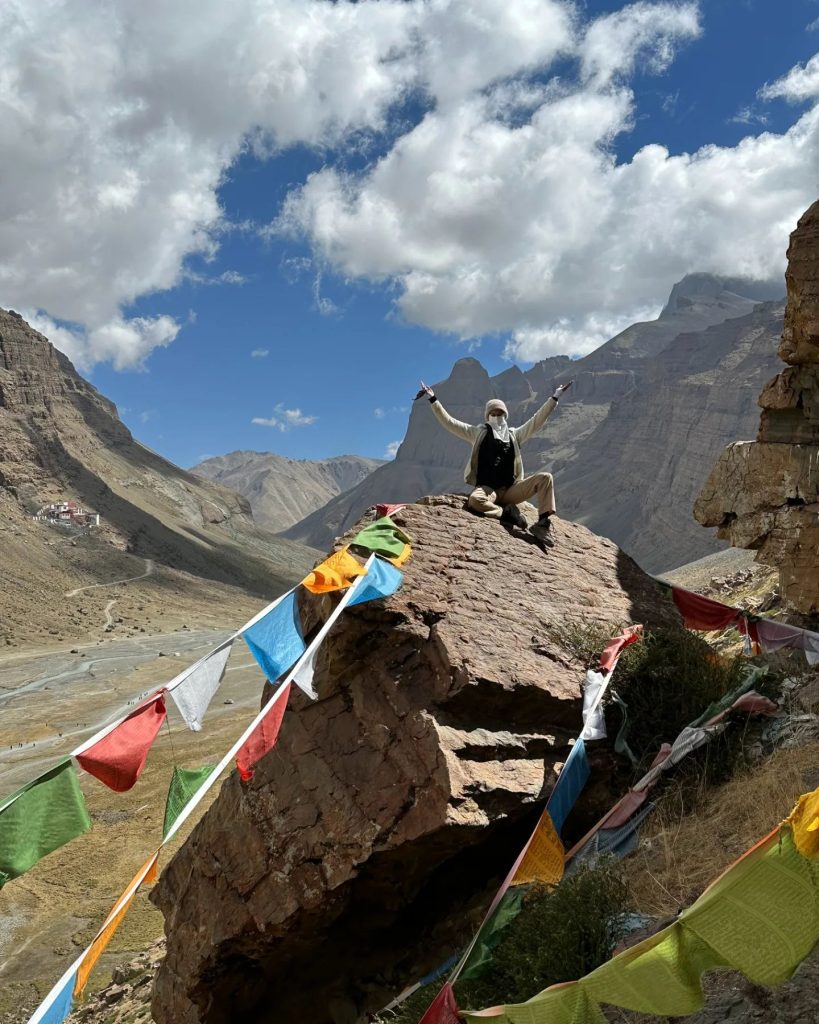
Q: Looking ahead, what do you envision for the future — in both business and dance?
Anastasia:
In business, I want to scale Pure Land Farms. Clean nutritional food should be as basic as clean running water - part of the infrastructure of modern life. The concept has proven its value, and with the right conditions, it can expand into something truly impactful.
In dance, I want to keep going internationally - we’ve already performed on several continents, and I’d love to bring the hardcore training of Russian contemporary dance and the depth of Freedance to new audiences. Storytelling in motion carries a unique force that can move and transform people in ways words cannot.
I also want to keep sharing the values that shaped me through my Buddhist background. I’m confident that we can cultivate more kindness, wisdom, and compassion - not as abstract ideals, but as practical qualities that improve how we live and lead.
Boyko’s vision is neither nostalgic nor utopian; it is pragmatic in its insistence that creativity, health, and compassion are not luxuries but structural necessities for leadership in volatile times. Whether through the disciplined body of a dancer, the patient clarity of Buddhist practice, or the strategic resilience of an entrepreneur, she has consistently sought to demonstrate that sustainable success depends less on force and more on discipline in virtue. For leaders facing complexity on a global scale, her path serves as a reminder that the future of business may well belong to those who can hold ambition and awareness in equal measure.



